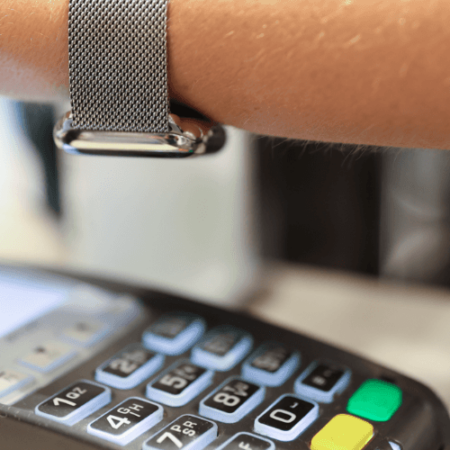
In the last few years, one of the biggest financial problems many homeowners faced was that their properties were put into the foreclosure process improperly, and now such an issue may arise for credit cards as well.
The robo-signing scandal in the mortgage industry saw millions of foreclosure filings pushed through without being properly researched by the lender, and now it seems a similar problem has arisen for credit card lenders, according to a report from the New York Times. Tens of millions of delinquent credit card accounts were written off as uncollectable during and immediately following the recent recession, but many of the resultant lawsuits filed by lenders involve little actual documentation.
Judges now hearing many cases
Though many of the debts in question were defaulted on as long as a few years ago, lenders are still trying to work through significant backlogs, the report said. But the issue for many is that these suits are being pursued without accurate or proper documentation that the borrower ever owed the debt at all.
“I would say that roughly 90 percent of the credit card lawsuits are flawed and can’t prove the person owes the debt,” Noach Dear, a civil court judge in Brooklyn who hears as many as 100 credit card cases a day, told the newspaper.
And while the credit card companies in question say their practices for filing and pursuing such suits are sound, many legal experts, including judges, regulators and lawyers, argue there is significant evidence to the contrary, the report said. Worse for consumers, the errors plaguing the cases nowadays are actually becoming more frequent, not less.
The problem in many cases
While it’s not uncommon for borrowers to argue that they don’t owe the debt in such a suit at all, what happens more often is that they say they don’t owe as much as the credit card lender alleges, the report said. This is usually because the financial institution suing them adds large amounts of debts and penalty interest rates to their account, often in error.
But the problem that plagues these suits is that in many cases, the lenders pursuing them haven’t followed all the necessary legal procedures, even if they are correct in stating that they have the right to collect money from the borrowers, the report said. Often, the cases rely on documents that, as with the robo-signing scandal, have been drawn up en masse because banks don’t have documentation of payment history or the original lending agreement on hand.
The scope of the issue
The reason that many lenders are pursuing these suits so heavily – and those such as American Express, Citigroup and Discover Financial Services are the most ardent in their efforts – is because of the sheer value of outstanding balances, the report said. Recent data shows that only about 3 percent of all credit card debt is currently delinquent, but that amounts to more than $18.7 billion in balances. And that number remains high despite many consumers making significant efforts to increase the frequency of their on-time payments, which has in turn led to delinquency and default slumping to near all-time lows.
Further, the U.S. Office of the Comptroller of the Currency recently opened an investigation into JPMorgan Chase after one of its former employees said the company knew of at least 23,000 delinquent accounts with incorrect balance information, the report said. The OCC is also investigating debt collection efforts of credit card companies on a broader basis as well.
Despite many legal professionals knowing that the information on these documents is inaccurate, judges say there is little they can do unless the borrower shows up to dispute the claim, the report said. Those who fail to appear in court have summary judgments brought against them, meaning they essentially lose the case even if the documents are inaccurate.
The fallout from the robo-signing scandal was massive, the report said. Nearly all of the states’ attorneys general brought a suit against the five biggest mortgage-issuing banks in the nation, and that was settled earlier this year with the lenders agreeing to pay $26 billion in damages, among other concessions. However, it remains to be seen what will become of the similar problem with credit card balances.
Millions of Americans who have struggled with delinquent and defaulted credit card debt may have seen their credit scores take a significant hit as a result. For this reason, it may be helpful for them to check copies of their credit reports in order to identify any potentially unfair markings that may be taking an even bigger toll on their standings. Fortunately, working with credit repair lawyers may help to get them back on the right path and to restore their creditworthiness.






